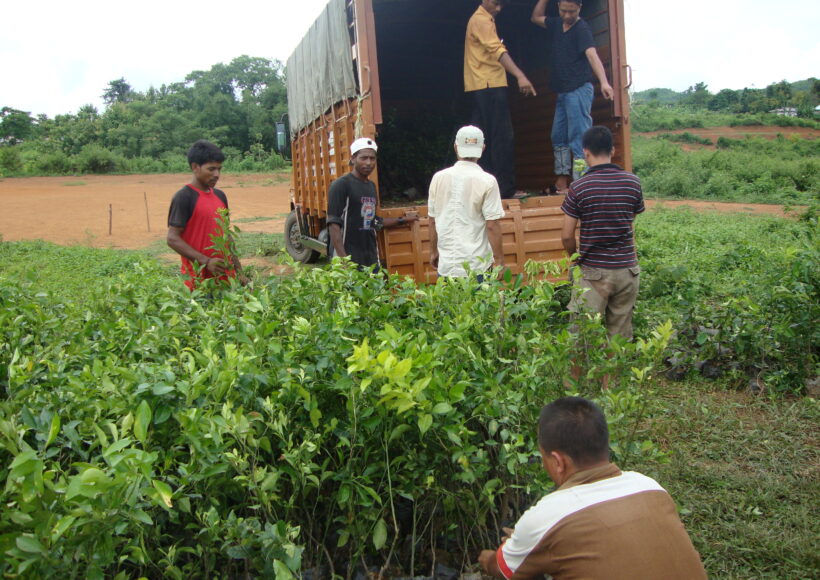Our Approach
NRM and Climate Resilience
RBA recognizes the declining quality and quantity of food production, the impact of poorly managed natural resources, fast growing rate of cash crops and the urgent need to address climate change.


Ecosystem Restoration
We implement conservation, preservation, and regeneration activities to maintain ecosystem balance. RBA promotes SALT (Sloping Agricultural Land Technology) farming to combat soil erosion, nutrient depletion, and unsustainable Jhum practices. This technique, combining agroforestry and contour farming, enhances soil stability, crop yield, and diversified income for smallholder and rural farmers.
NEN-Farm Schools
NEN-Farm Schools promote agroecological food systems for food security, livelihoods, and climate resilience in Nagaland. Focused on youth (18–35 years), the curriculum covers environment, agroecological practices, climate change adaptation, and social justice — preparing them as responsible consumers, resource stewards, and community leaders.
Awareness & Training
We conduct campaigns, advocacy, and training to promote ecosystem protection and sustainable resource use. Topics include Payment for Ecosystem Services (PES), carbon credits, and the risks of invasive species on biodiversity.
Irrigation Interventions
RBA implements Diversion-Based Irrigation (DBI) systems and Gravity Flow Systems (GFS) to enhance irrigation for agriculture and access to safe drinking water.
Springshed Rejuvenation
We work to revive and conserve springsheds and water recharge zones to secure long-term water availability for communities and ecosystems.
Infrastructure Development
Construction of community halls, market sheds (haats), and culverts supports access to farms and markets while improving community infrastructure.
Community Stewardship
We promote and support community-led conservation, striving to gain recognition for their efforts and leadership in ecosystem protection.
We believe that “Saving the ecosystem now is equivalent to saving your life and the lives of future generations.”
